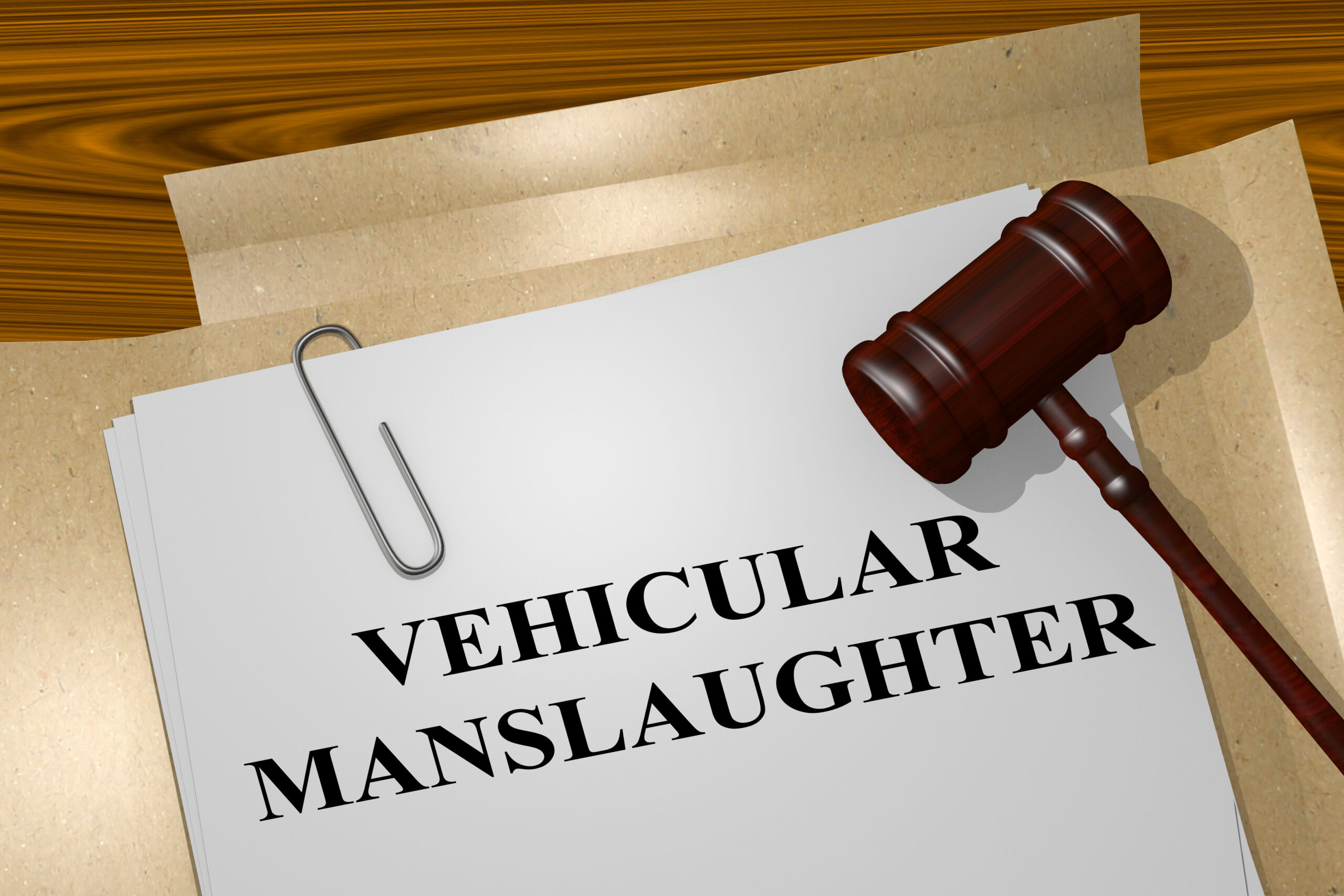Now Reading: The Legal Risks And Realities Of Ghost Gun Charges
-
01
The Legal Risks And Realities Of Ghost Gun Charges

The Legal Risks And Realities Of Ghost Gun Charges
The term “ghost gun” has surged into public consciousness, becoming a focal point in legislative debates and law enforcement initiatives across the United States. These firearms, often assembled from kits or fabricated using 3D-printing technology, are intentionally devoid of serial numbers, making them difficult for authorities to trace. This characteristic poses a significant challenge to traditional firearm regulation and has prompted a robust legal response at both federal and state levels. For individuals facing associated charges, the consequences are severe, carrying the potential for lengthy prison sentences and a permanent criminal record.
Here are the legal risks and realities of ghost gun charges:
Defining a “Ghost Gun”
While the term “ghost gun” often conjures images of entirely plastic, 3D-printed firearms, the legal definition is far more precise. Generally, a “ghost gun” refers to any firearm, including those assembled from polymer or metal kits, that lacks a commercially engraved serial number issued by a licensed manufacturer. This category encompasses firearms built using unfinished receivers, also known as “80% receivers,” which are partially completed components that can be easily finished with basic tools and without the background check required for a complete frame or receiver.
Furthermore, the definition extends to any firearm manufactured using 3D printing technology or traditional machining methods that does not bear a serial number. The core legal issue isn’t necessarily the method of construction, but the absence of that critical, state-issued identifier. Typically, the legal framework targeting these untraceable firearms is complex and rapidly evolving.
Hence, understanding the legal landscape surrounding these weapons is crucial for comprehending the risks involved. For instance, those accused must seek to immediately defend against ghost gun charges in California or similar locations to navigate the complex judicial process more effectively.
Potential Criminal Charges and Penalties
The charges associated with ghost guns are severe and can be stacked, leading to decades of potential imprisonment. Common charges include:
Criminal Possession of an Unserialized Firearm
This charge is the most straightforward accusation related to ghost guns, explicitly targeting the core characteristic of the weapon: the lack of a serial number. In states like California, this offense is a “wobbler,” meaning the prosecutor has discretion to file it as either a misdemeanor or a felony. The decision depends on the defendant’s criminal history and the circumstances of the case. A felony conviction can result in a sentence of up to three years in a county jail, underscoring the gravity of merely possessing an untraceable firearm, regardless of how it was obtained or used.
Felon in Possession of a Firearm
This is one of the most severe charges associated with ghost guns and carries devastating consequences. Individuals legally prohibited from owning firearms, such as convicted felons, certain misdemeanants, or those with active restraining orders, face stringent federal and state laws. The discovery of a ghost gun in their possession triggers mandatory minimum sentencing statutes, which remove judicial discretion and impose long, fixed prison terms. Because these weapons are untraceable, prosecutors often argue that they are the weapon of choice for prohibited persons, leading to an aggressive pursuit of maximum penalties.
Manufacturing a Firearm Without a License
Historically, federal law permitted individuals to build firearms for personal use without a serial number. However, recent regulatory changes and state-level legislation have dramatically altered this landscape. The act of manufacturing an unserialized firearm is now illegal in several jurisdictions, including California.
Furthermore, while building a single gun may be contested, engaging in the business of manufacturing, such as assembling multiple guns for sale or distribution, without a Federal Firearms License (FFL) is a serious federal felony punishable by extensive prison time.
Weapons Enhancements
The most significant penalties typically arise not from the ghost gun charge itself, but from “weapon enhancements” applied to other criminal charges. If a ghost gun is merely present during the commission of a separate felony, such as drug trafficking or robbery, the defendant’s sentence can be dramatically increased. These enhancements can result in consecutive years of imprisonment being added to the base sentence for the primary crime. This stacking effect can turn a several-year sentence into a decade-long incarceration, highlighting the extreme risk of possessing any firearm during unlawful activity.
The Critical Importance of Legal Defense
Facing ghost gun charges isn’t a situation to be taken lightly. The complexities of the law, the aggressive stance of prosecutors, and the severe potential consequences demand an immediate and strategic response. A successful defense often depends on challenging the evidence itself. This can involve questioning whether the item in question meets the precise legal definition of a firearm, challenging the legality of the law enforcement search that led to the discovery of the weapon, or scrutinizing the procedures used to test the device’s functionality.
In some cases, demonstrating a good-faith effort to comply with serialization requirements, though unsuccessful, may be a mitigating factor. Given the rapid changes in legislation, what was legal one year may become a crime the next; an experienced attorney can navigate these nuances to build the strongest possible defense. The reality of ghost gun charges is a daunting legal battle where the stakes couldn’t be higher, making knowledgeable legal counsel an absolute necessity.
Conclusion
The legal perils surrounding ghost guns are substantial and continually expanding. The combination of aggressive new federal regulations and even stricter state laws has created a high-stakes environment where a simple mistake or a lack of awareness can lead to life-altering felony convictions. The realities of these charges include severe prison time, hefty fines, and permanent loss of certain civil rights.
By keeping the information mentioned above in mind, defendants can ensure an immediate and vigorous defense that mitigates the devastating consequences. The evolving nature of this area of law underscores the critical need for specialized legal representation to protect one’s rights and future.










